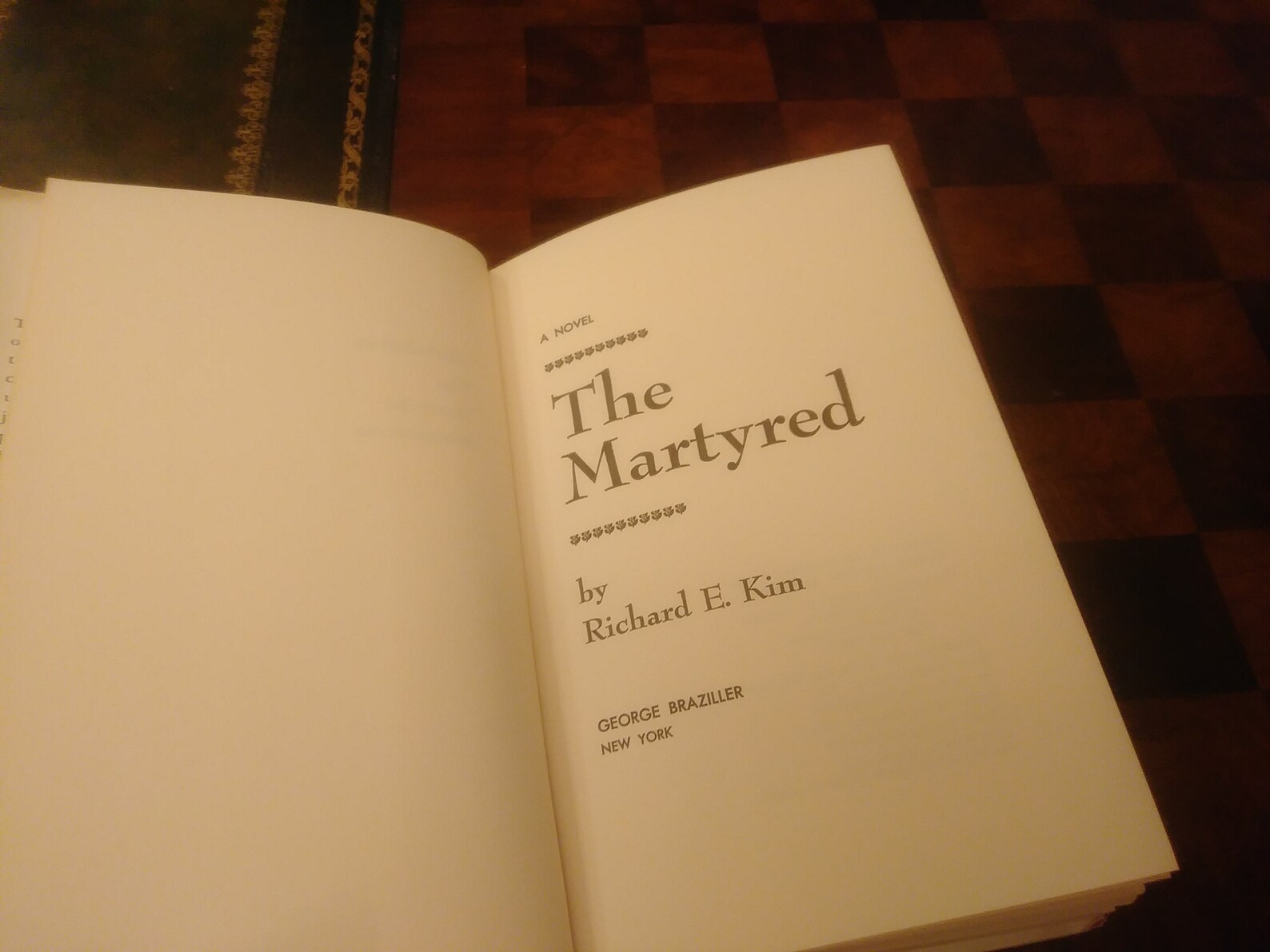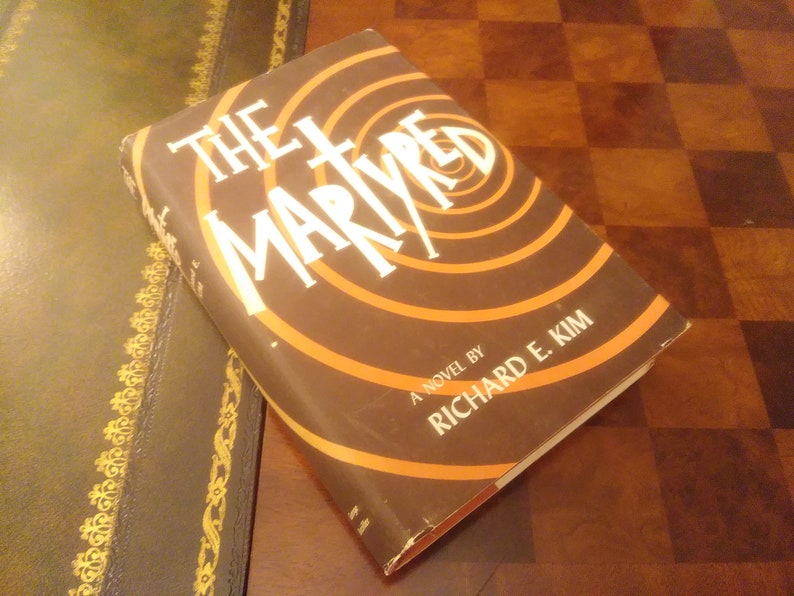

But I'd assumed the book would delve more into what (Except for the Japanese family name that the boy's father has chosen, the meaning of which still manages to reflect the family's commitment to their fellow Koreans.) Without a doubt, the moments when the boy internalizes the fact that his people are having their names taken from them are pivotal and painful.

None of the characters are named, and so even when Kim depicts a specific day during winter 1940 where people line up to register new names, we don't actually learn what those names are.

However, the issue of names actually comes up a lot less often in this book than I expected. The title Lost Names refers to the townspeople being required to register "new names" (Japanese ones) at the local police station, risking consequences such as their children being banned from school if they refuse. Additionally, because it's written from a child's perspective, most of the book describes events connected to the local school, where both Japanese and Korean teachers are employed to mold the boy and his classmates into future soldiers for Imperial Japan.

Kim describes a Korean boyhood that's loosely based on his own, starting with the boy's family getting harassed by military police while briefly relocating to Manchuria in 1933, and ending with the boy and his father leading their town in liberating itself on the day of Japan's WW2 surrender announcement in 1945. Because the boy's family is wealthy and well-connected but also community-oriented-all the townspeople know who his daddy is, regardless of status or ethnicity-this allows the boy some wiggle room to evade or even resist certain restrictions and punishments that Japanese authorities enforce at his heavily-militarized school. The boy's father is greatly-respected for his past involvement in the Korean independence movement (which resulted in years of imprisonment), and for feeding and employing local people through the apple orchard he owns. The novel focuses on a boy in a northern Korean town 50 miles south of Pyongyang, where he lives with his parents, younger siblings, and paternal grandparents.


 0 kommentar(er)
0 kommentar(er)
